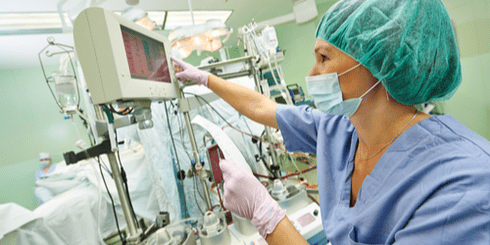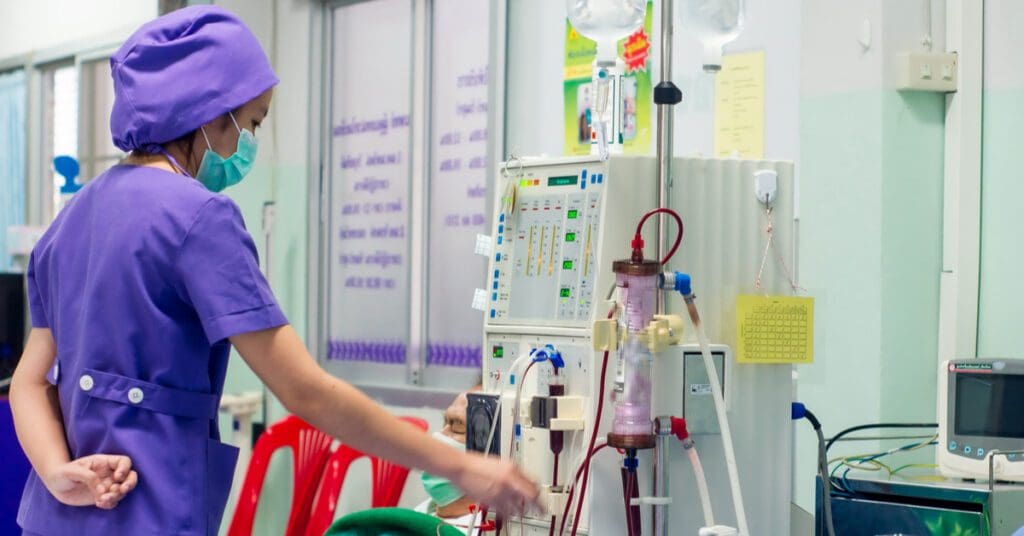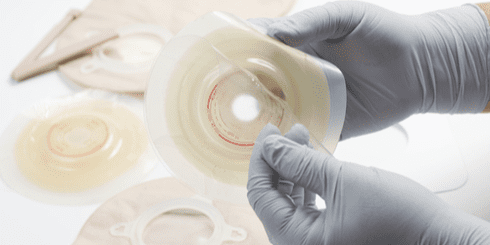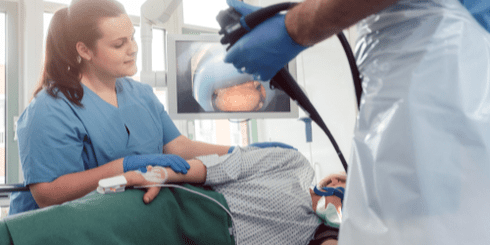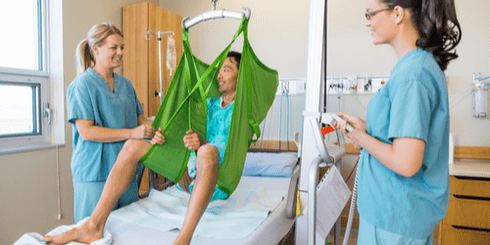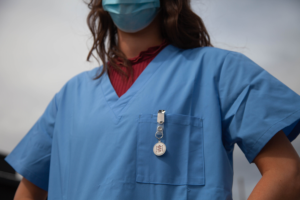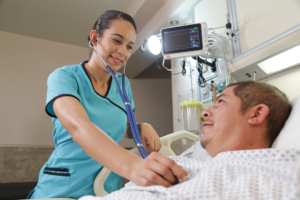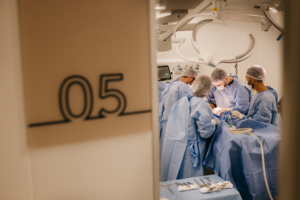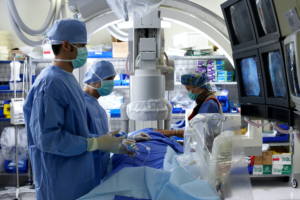
Home » Nursing Careers » Forensic Nurse
Forensic Nurse
- Updated June 8, 2021
- by EveryNurse Staff
Table of Contents

What Is Forensic Nursing?
Forensic nursing is a specialized field of nursing that focuses on the intersection of health care and the legal system. It involves providing care to individuals who have experienced violence or abuse, collecting evidence for legal purposes, and collaborating with law enforcement to ensure justice for the victims. Forensic nurses may work in various settings, including hospitals, sexual assault centers, domestic violence shelters, and correctional facilities.
The field of forensic nursing was pioneered by Virginia Lynch, who recognized the importance of preserving evidence and working collaboratively with law enforcement to bring perpetrators to justice. Since then, forensic nursing has evolved into a recognized specialty with its own standards of practice and certification programs.
What Do Forensic Nurses Do?
Forensic nurses have a multifaceted role that encompasses both medical care and legal advocacy. They provide comprehensive care to victims of violence, including physical assessment, treatment of injuries, and emotional support. At the same time, they collect and document evidence that can be used in criminal investigations and testify as expert witnesses in court.
Providing Care to Victims of Violence
One of the primary responsibilities of a forensic nurse is to provide compassionate care to victims of violence. This includes conducting thorough physical assessments, treating injuries, and addressing the emotional and psychological needs of the patients. Forensic nurses are trained to approach their patients with empathy and sensitivity, recognizing the trauma that they have experienced.
In addition to immediate care, forensic nurses also play a vital role in long-term support and advocacy for victims. They may connect patients with counseling services, support groups, and resources for ongoing care. By providing holistic care, forensic nurses help promote healing and recovery for survivors of violence.
Collecting and Preserving Evidence
Collecting and preserving evidence is a critical aspect of forensic nursing. Forensic nurses are trained in forensic science techniques and protocols to ensure that evidence is collected in a manner that maintains its integrity and admissibility in court. This may involve taking photographs of injuries, collecting samples for DNA analysis, documenting the chain of custody for evidence, and maintaining detailed records.
By carefully documenting and preserving evidence, forensic nurses contribute to the investigation and prosecution of crimes. The evidence they collect can be crucial in identifying perpetrators, corroborating victims’ accounts, and building a strong case in court. Their attention to detail and adherence to proper procedures is essential in ensuring that justice is served.
Collaborating with Law Enforcement
Forensic nurses work closely with law enforcement agencies to provide information and support during criminal investigations. They may participate in multidisciplinary teams that include detectives, prosecutors, and victim advocates. By collaborating with law enforcement, forensic nurses help ensure that the legal system has access to the necessary medical evidence and expertise to pursue justice.
Forensic nurses often serve as a liaison between the health care system and the criminal justice system. They provide critical information to law enforcement about the nature and extent of injuries, help interpret medical records and documentation, and assist in the preparation of cases for trial. Their expertise in both nursing and forensic science makes them valuable resources for law enforcement agencies.
Testifying in Court
As experts in their field, forensic nurses may be called upon to testify in court as expert witnesses. Their testimony can provide crucial information and analysis to help the jury understand the medical aspects of a case. This may include explaining the significance of injuries, describing the collection and analysis of evidence, and providing an expert opinion based on their training and experience.
Testifying in court can be a challenging and high-pressure experience, as forensic nurses must present complex medical information in a clear and concise manner. They must be prepared to answer questions from attorneys, explain technical terms to the jury, and maintain their composure under cross-examination. Effective communication skills and a strong understanding of the legal process are essential for forensic nurses in this role.
How to Become a Forensic Nurse
1. Education and Training Requirements
The first step towards becoming a forensic nurse is to obtain a nursing degree. This can be either an Associate Degree in Nursing (ADN) or a Bachelor of Science in Nursing (BSN). Both degrees will provide you with the necessary foundation in nursing principles and practice.
Once you have obtained your nursing degree, it is recommended to gain experience in a clinical setting, such as an emergency department or intensive care unit. This will help you develop the necessary skills and knowledge required for forensic nursing.
2. Forensic Nursing Programs and Certifications
After gaining some experience as a registered nurse, you can pursue additional education and training in forensic nursing. There are several forensic nursing programs available, ranging from certificate programs to master’s degrees. These programs provide specialized knowledge in areas such as forensic evidence collection, forensic photography, and legal aspects of forensic nursing.
In addition to completing a forensic nursing program, obtaining certification is highly recommended. The International Association of Forensic Nurses (IAFN) offers the Sexual Assault Nurse Examiner (SANE) certification, which is widely recognized in the field. Other certifications, such as the Forensic Nurse Certification (CFN) offered by the American College of Forensic Examiners International (ACFEI), can also enhance your credentials.
3. Licensing and Registration
To practice as a forensic nurse, you must be a licensed registered nurse (RN). This requires passing the National Council Licensure Examination for Registered Nurses (NCLEX-RN), which is administered by the state nursing boards. Each state has its own specific requirements for licensure, so it is important to research and comply with the regulations of the state in which you plan to practice.
In addition to licensure, some states may require forensic nurses to register with specific boards or organizations. For example, the California Board of Registered Nursing offers a Forensic Nursing certificate program and requires nurses to be certified through the IAFN.
Forensic Nursing Specialties
Sexual Assault Nurse Examiners (SANEs)
Sexual assault nurse examiners (SANEs) are forensic nurses who specialize in providing care to victims of sexual assault. They have specialized training in conducting forensic exams, collecting evidence, and providing support to survivors of sexual violence. SANEs play a critical role in ensuring that victims receive comprehensive care and that evidence is properly collected and documented.
SANEs are often the first point of contact for sexual assault survivors in a health care setting. They conduct thorough physical assessments, collect samples for DNA analysis, and provide emotional support and counseling. They work closely with law enforcement and legal authorities to ensure that the evidence they collect is admissible in court.
Domestic Violence Forensic Nurses
Domestic violence forensic nurses specialize in providing care to survivors of domestic violence. They are trained to recognize the signs of domestic violence, conduct thorough assessments, and provide support and resources to survivors. Domestic violence forensic nurses may work in hospitals, clinics, or community organizations dedicated to addressing domestic violence.
In addition to providing medical care, domestic violence forensic nurses may assist with documenting injuries, collecting evidence, and providing expert testimony in court. They work alongside law enforcement and victim advocates to ensure the safety and well-being of survivors and to hold perpetrators accountable for their actions.
Child Abuse and Neglect Forensic Nurses
Child abuse and neglect forensic nurses focus on providing care to child victims of abuse and neglect. They are trained to recognize the signs of child abuse, conduct specialized assessments, and work with child protection agencies to ensure the safety of the child. Child abuse forensic nurses may work in hospitals, child advocacy centers, or specialized clinics.
These nurses play a critical role in the identification and intervention of child abuse cases. They are trained to conduct forensic interviews with children, collect evidence, and provide expert testimony in court. Child abuse forensic nurses work closely with child protection agencies, law enforcement, and legal authorities to ensure that child victims receive the care and support they need.
Forensic Psychiatric Nurses
Forensic psychiatric nurses specialize in providing care to individuals who have mental health issues and are involved in the criminal justice system. They work in psychiatric hospitals, correctional facilities, and community mental health settings. Forensic psychiatric nurses assess and treat individuals with mental health disorders, provide crisis intervention, and collaborate with legal authorities to ensure appropriate care and treatment.
In addition to providing direct patient care, forensic psychiatric nurses may also conduct mental health evaluations, assist with the development of treatment plans, and provide expert testimony in court. They play a crucial role in addressing the mental health needs of individuals involved in the criminal justice system and promoting rehabilitation and recovery.
Forensic Nurse Practitioners
Forensic nurse practitioners are advanced practice registered nurses (APRNs) who have specialized training and certification in forensic nursing. They have the ability to diagnose and treat patients, prescribe medications, and provide comprehensive care within their scope of practice. Forensic nurse practitioners may work in a variety of settings, including hospitals, clinics, correctional facilities, and forensic labs.
As advanced practice nurses, forensic nurse practitioners have an expanded role in the forensic nursing field. They may conduct forensic exams, collect evidence, and provide expert testimony in court. They may also serve as consultants to law enforcement agencies, legal firms, and other health care professionals, providing their expertise in forensic nursing.
Related RN Careers
Forensic Nurse Salary and Job Outlook
Salary Range for Forensic Nurses
The salary range for forensic nurses can vary widely depending on factors such as job location, years of experience, and level of education. According to the U.S. Bureau of Labor Statistics (BLS), the median annual wage for registered nurses was $89,010 as of May 2022. However, it is important to note that this figure represents the median for all registered nurses and may not specifically reflect the earnings of forensic nurses.
Forensic nurses may earn a higher salary compared to general registered nurses due to the specialized nature of their work and the additional training and expertise required. According to the American Nurses Association (ANA), forensic nurses with advanced degrees and certification can earn salaries in the range of $58,198 to $94,000 or more per year.
Job Outlook for Forensic Nurses
The job outlook for forensic nurses is generally positive, with a growing demand for their specialized skills and expertise. According to the BLS, employment of registered nurses is projected to grow 6 percent from 2021 to 2031, faster than the average for all occupations. This growth is driven by various factors, including an aging population, increased demand for health care services, and advancements in medical technology.
In the field of forensic nursing, job opportunities may be influenced by factors such as changes in legislation, increased awareness of the role of forensic nurses, and the expansion of forensic services in health care settings. Forensic nurses with advanced education and certification may have more job opportunities and higher earning potential.
